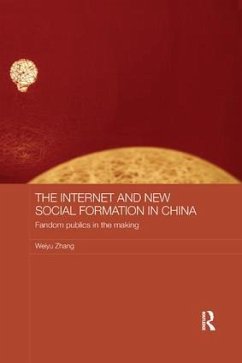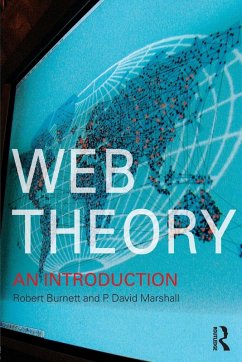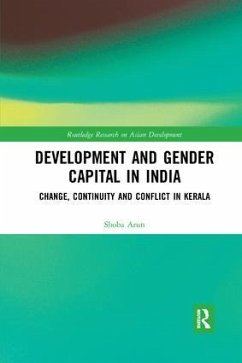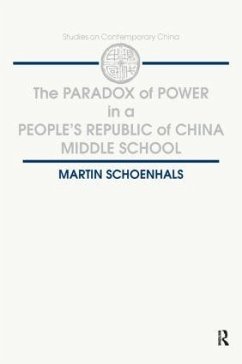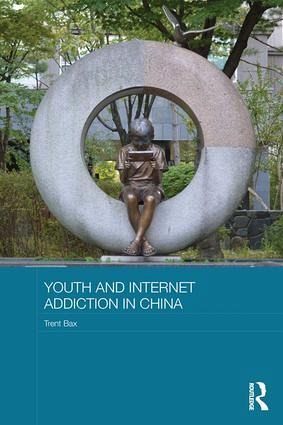
Youth and Internet Addiction in China
Versandkostenfrei!
Versandfertig in 1-2 Wochen
39,99 €
inkl. MwSt.
Weitere Ausgaben:

PAYBACK Punkte
20 °P sammeln!
A form of 'electronic opium' is how some people have characterised young people's internet use in China. The problem of 'internet addiction' (wangyin) is seen by some parents as so severe that they have sought psychiatric help for their children. This book, which is based on extensive original research, including discussions with psychiatrists, parents and 'internet-addicted' young people, explores the conflicting attitudes which this issue reveals. It contrasts the views of young people who see internet use, especially gaming, as a welcome escape from the dehumanising pressures of contemporar...
A form of 'electronic opium' is how some people have characterised young people's internet use in China. The problem of 'internet addiction' (wangyin) is seen by some parents as so severe that they have sought psychiatric help for their children. This book, which is based on extensive original research, including discussions with psychiatrists, parents and 'internet-addicted' young people, explores the conflicting attitudes which this issue reveals. It contrasts the views of young people who see internet use, especially gaming, as a welcome escape from the dehumanising pressures of contemporary Chinese life, with the approach of those such as their parents, who medicalise internet overuse and insist that working hard for good school grades is the correct way to progress. The author shows that these contrasting attitudes lead to battles which are often fierce and violent, and argues that the greater problem may in fact lie with parents and other authority figures, who misguidedly apply high pressure to enforce young people to conform to the empty values of a modern, dehumanised consumer-oriented society.





